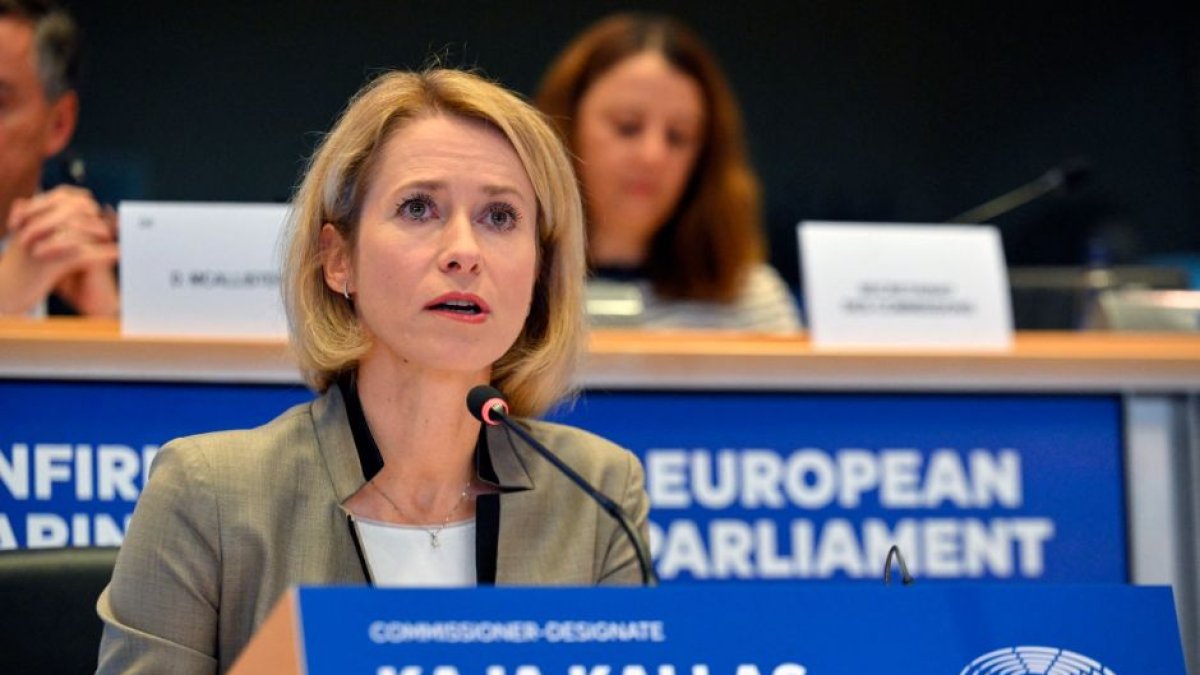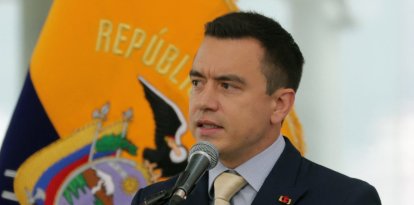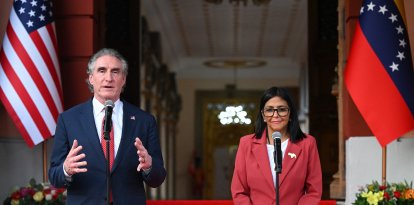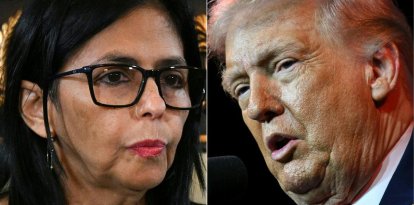Change in the EU: Estonia's Kaja Kallas replaces Borrell in foreign policy
The prime minister will replace Spain's Josep Borrell as High Representative for Foreign Affairs and Security Policy, a post he leaves after a tenure marked by diplomatic tensions with Israel.

Kaja Kallas at a confirmation hearing at the European Parliament in Brussels.
The European Union presented a new list of the commissioners who will manage the bloc's internal and external affairs over the next five years, starting next month. This team, headed by the president of the European Commission, Ursula von der Leyen, includes 26 commissioners who, following a parliamentary nomination and confirmation process, will take on key roles in the governance of the 27 member states and in the relationship with associated countries.
Von der Leyen secures second term in office
Von der Leyen secured a strong parliamentary backing for her team, consolidating her leadership for a second term. Among the most notable appointments was that of Kaja Kallas, Estonian prime minister, as High Representative for Foreign Affairs and Security Policy. Kallas, who will take office next month, will replace Spain's Josep Borrell, whose tenure was marked by diplomatic tensions, particularly with Israel and in transatlantic relations.
The appointment of Antonio Costa, former prime minister of Portugal, as president of the European Council also underlines the transition of European leadership. Costa will replace Charles Michel next week.
A strategic shift in foreign policy
The election of Kallas, known for her tough stance against Russia and her inclination toward closer cooperation with the United States, reflects an attempt by the EU to redefine its geopolitical position. Hailing from a country that shares a border with Russia, Kallas has been one of the most critical voices in the bloc toward Moscow, pushing for tougher sanctions and military support for Ukraine.
Her appointment raises expectations of a more balanced approach to international affairs, especially on issues related to Israel and the Middle East. During Borrell's tenure, the relationship between the EU and Israel deteriorated due to proposed sanctions and statements perceived as hostile toward the Israeli government, prompting criticism from European Jewish leaders and diplomats.
Kallas' leadership could mean an opportunity to repair the relationship with Israel and address antisemitism in Europe, a growing concern in several member states. Jewish organizations have expressed hopes that the new high representative will take a pragmatic and strategic approach that prioritizes cooperation on security and development issues.
Nominations and political tensions
The selection process for the new commissioners reflected ideological divisions within the European Parliament. Figures such as Oliver Varhelyi, from Hungary, in charge of health and animal rights, and Raffaele Fitto, from Italy, faced strong opposition because of their conservative positions. However, the support of the right-wing parties, strengthened after the last elections, ensured their confirmation.
The center-right European People's Party (EPP) won 14 of the 27 seats on the Commission, while the Liberals won five. In contrast, the center-left Socialists and Democrats (S&D) secured just four positions.
Implications of the shift to the right
The composition of the new European Commission reflects the rightward shift in the bloc's political landscape, a trend that could influence the EU's internal governance and international relations. With challenges such as the war in Ukraine, tensions with Russia and complex ties with the United States, the von der Leyen-led team will have to balance domestic political interests with global stability.

























